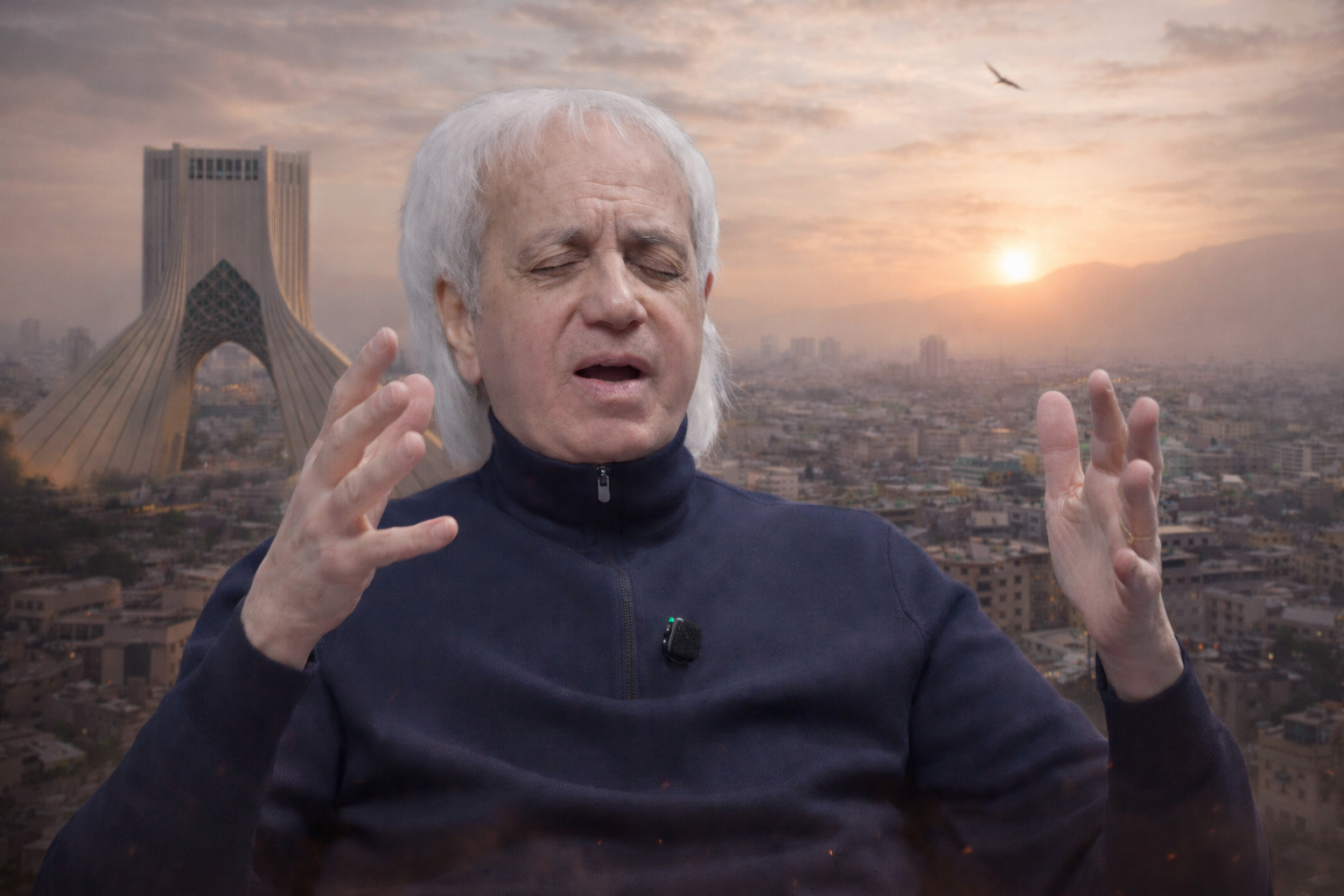
I have learned by hard experience to be thankful for consumer reports about products offered on the Internet. Reading the customer reviews can save a potential buyer a lot of grief and money. Nowadays, because of the usefulness and availability of these reports few people would consider making a purchase of even something as small as a cell phone or an MP3 player without doing some due diligence in the form of research.
In today’s “marketplace” of spiritual messages, how much more careful should a Christian be about the words he or she allows to guide the inner person of the heart? Paul told his spiritual son Timothy, “Be diligent to present yourself approved to God, a worker who does not need to be ashamed, rightly dividing the word of truth” (2 Tim. 2:15, NKJV).
The old message of cheap grace is experiencing a resurgence today among newer Christians who are not acquainted with its sad history or its downside and hidden costs. Cheap grace is a message that lowers the standards of God’s laws or casts scorn on the value of divine law as the way God governs His eternal kingdom.
Preachers of this message tell us the Old Testament is concerned with law but the New Testament with grace and that we have to choose between the two. In forcing us toward this false choice, we are told that the law means legalism, judgment and condemnation, but grace is all about love and mercy. This message says that Jesus paid the entire price for all our sins once and for all, therefore we are forever freed from the requirements of God’s law by the free gift of grace.
What’s wrong with that? Didn’t Jesus die to give us His salvation as a free gift? Doesn’t the New Testament teach that we are justified (made righteous before God) by faith in Him?
Yes this is true, but if we stop listening to God here without allowing Him to complete what He has to say, we are in danger of coming to the wrong conclusions about His purpose for saving us by grace.
God’s moral requirements in His laws define sin and convict us as sinners. Without God’s laws there is no need for grace at all. If God has high standards, then we need great grace to be declared by Him as righteous.
But if God has low standards, then His grace does not need to be that amazing or precious. Any message that overtly or subtly by suggestion reduces the requirements of God’s laws cheapens grace.
One fact about human nature is that we all love finding bargains. In the same way crowds swarm to a half-price sale in a shopping mall, a pastor or teacher who cheapens grace will find that, at least initially, a lot of people will be interested in attending his church. However, they may not be very interested in becoming disciples.
The Bible teaches that “mercy triumphs over judgment” (James 2:13). That is true, but mercy never replaces judgment. Mercy has real value only when we know we deserve judgment. We receive mercy as a free gift of God’s grace, and we should appreciate it all the more because the Bible teaches that God always has and always will rule His kingdom by law.
What if there was a judge in a city who decided always and in every case to show mercy? Soon every serial killer, rapist, child molester and professional gangster would be lining up outside that judge’s courtroom. No one would be punished. No one would be compelled to change, and all would go free. Is that God’s kind of mercy, or is it simply injustice?
Dietrich Bonhoeffer was a Christian pastor in Germany during the 1930s when Nazism was rising to power. In his book The Cost of Discipleship, he made the point that grace must always be the exception to the rule. It is Christ the King who Himself grants mercy solely as He desires.
God’s mercy is not meant to be applied to everyone as a doctrine but as a gift given personally and individually to those who are in His Son, Jesus. When God gives mercy He does not nullify or change His own laws. Therefore, the one who receives mercy must afterward seek to remain hidden in Christ, which means living in a way that meets the demands of God’s righteousness.
This process is called sanctification and results in discipleship. Bonhoeffer pointed out that justification by faith means that God justifies the sinner but not the sin.
When we fall into sin and then turn to God through faith in Jesus, we receive grace to be forgiven, and we are justified. God says: “You are OK now. Go and sin no more.” He never says: “Your sins are OK now. Don’t worry about it anymore.”
The laws of God’s kingdom define His reign as sovereign ruler. These laws give Christians moral authority and spiritual guidance to be personally changed and then to transform the nations and cultures of this world. When God’s kingdom is preached, sins embedded deep in culture such as corruption, abortion, racial prejudice and other social dysfunctions will yield to the power of His lawful reign. People are not only saved but also transformed by the gospel of the kingdom.
When Bonhoeffer served as a pastor in Germany, that nation was called the “cradle of the Reformation” and thought to be among the most Christian countries in Europe. However, the preaching of cheap grace had Christianized Germany but not transformed it.
Lutheran Germans believed they were saved but lacked the moral authority and personal integrity to resist Nazism. The devastation that resulted was the hidden cost of cheap grace.
When Jesus died on the cross for your sins and mine the requirement of God’s laws did not change. What did change was that for the first time God’s requirements were satisfied—by the atoning sacrifice of His own Son.
Jesus was the only human to ever fully keep the laws of God. In doing so He opened the way for us, that by faith in Him and by abiding in Him (without Him we can do nothing) we can be declared righteous by God.
All this is given to us as a free gift of grace. We are now enabled by that amazing grace to pick up our own crosses and follow His example daily.
Peter Tsukahira is co-founder and a pastor of Kehilat HaCarmel congregation on Mount Carmel in Israel. He also directs the Or HaCarmel (“Light of Carmel”) Ministry Center and the Mount Carmel School of Ministry (mountcarmelsom.com), which seeks to impart in Christian leaders a vision for Israel.
CHEAP GRACE CONT’D
For more teachings that look further into the fallacy of cheap grace, visit our Web site, at cheapgrace.charismamag.com.












































